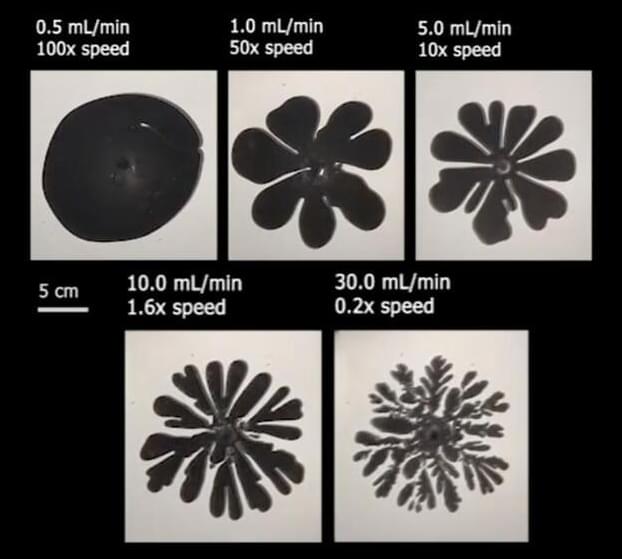A large percentage of a building’s energy usage is consumed by heating and cooling, but a new dynamic shading system designed by researchers at the University of Toronto could help. Inspired by the skin of krill, the system uses cells of blooming pigment that can block light on demand.
Krill are tiny marine organisms that are usually transparent, but have the ability to move pigments around in the cells beneath their skin, allowing them to turn darker to protect themselves from UV damage in bright sunlight. This, the UToronto team reasoned, would be a useful ability for windows and building facades to have.
The team’s krill-inspired prototype is made up of optofluidic cells that can switch between transparent and opaque on demand, using relatively little energy. Inside the cell is a 1-mm layer of mineral oil between two sheets of plastic. To make it turn darker, a small amount of water containing a pigment or dye can be injected into the cell through a connected tube, creating a “bloom” of the darker color.









Comments are closed.